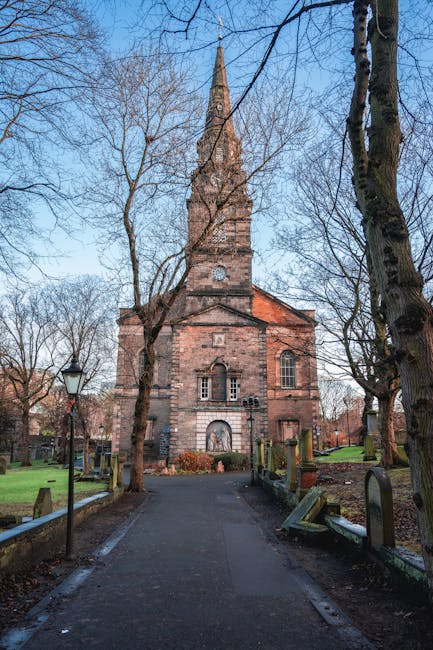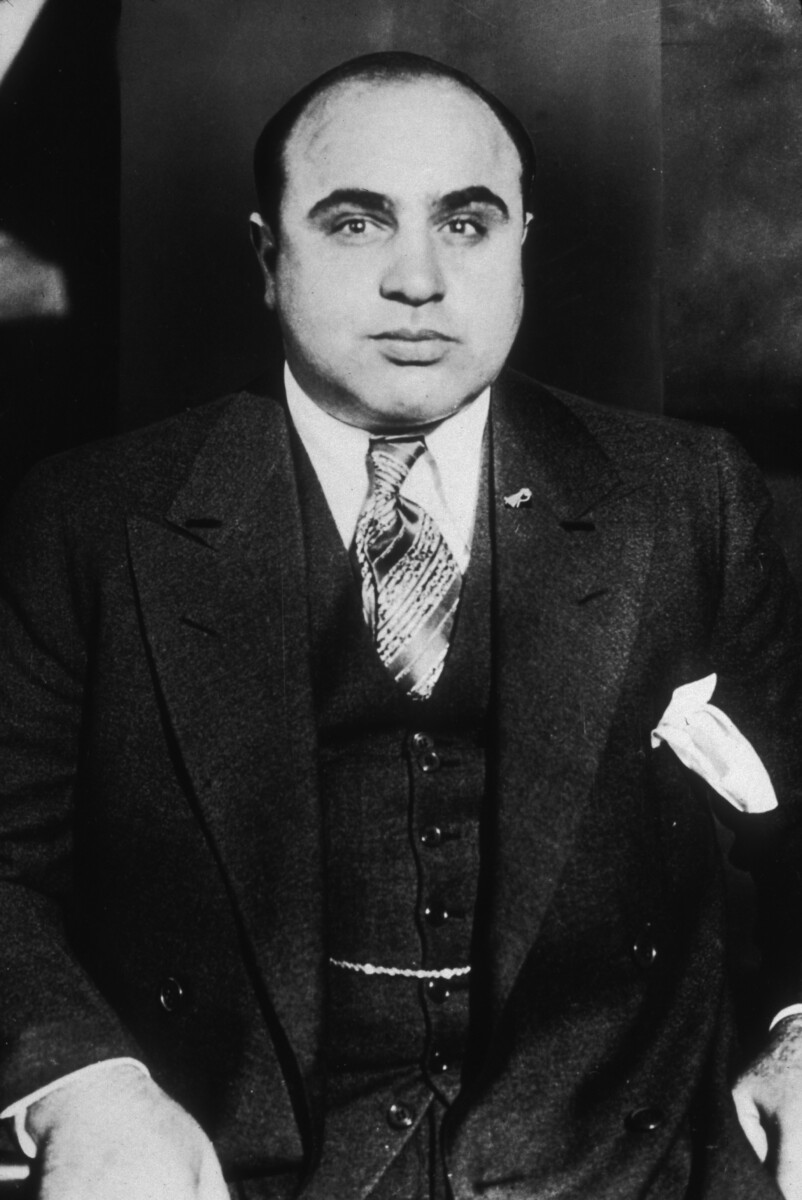The Rise of Flexible Travel

In the world of travel, a quiet revolution has taken place over the last couple of years. More and more people are ditching their jam-packed itineraries for a looser, more spontaneous style of exploring. According to a 2024 survey from the Global Travel Association, 68% of travelers now say they prefer trips with room for flexibility rather than ones where every minute is planned out. This shift is happening as people realize just how liberating it can be to wake up and decide what the day holds, instead of following a strict schedule. The sense of freedom, the chance to say “yes” to unexpected adventures, and the ability to adapt plans based on mood or weather have become strong incentives. Many travelers now value the thrill of not knowing what comes next. The chance to meet interesting locals or stumble across hidden gems just isn’t possible when you have every hour accounted for. Flexible travel is quickly becoming the new normal, with more people seeking out the joys of the unknown rather than the comfort of the predictable.
The Stress of Over-Scheduling

Packing every day with activities can take a surprising toll on your mental health and enjoyment. A 2023 study by the Travel Wellness Institute found that 75% of travelers who stuck to rigid itineraries felt overwhelmed and stressed during their trips. It’s easy to see why: when you’re racing from one attraction to the next, there’s little time to relax or savor the moment. The pressure to “see it all” can make a vacation start to feel suspiciously like work. Many people end up returning home more exhausted than they were before they left. There’s a sense of guilt or disappointment when things go off track, or when you just need a break and can’t take one. By leaving room for downtime and unplanned experiences, travelers are finding their trips become more restful and enjoyable. Instead of chasing a checklist, they’re soaking up real moments, and that makes all the difference.
Embracing the Unexpected

Some of the most unforgettable travel memories come from what you never saw coming. The Adventure Travel Trade Association’s 2025 report revealed that 82% of travelers said their favorite trip moments were unplanned surprises, not the events they’d scheduled ahead of time. Maybe it’s wandering into a street festival, making a new friend at a local café, or discovering a breathtaking view you didn’t even know existed. These spontaneous adventures are often the stories people tell long after they’ve returned home. Rigid plans can actually get in the way of these special moments, forcing you to skip what could be the highlight of your trip because you have somewhere else to be. When you let go of the need to control every detail, you open yourself up to possibility. These little surprises are the secret sauce that make travel feel magical and alive.
The Importance of Local Connections

Slowing down and leaving room in your schedule isn’t just about personal enjoyment—it also helps you connect with the places you visit in a much deeper way. The International Journal of Tourism reported in 2024 that travelers who spent more time engaging with locals and participating in community activities experienced a 60% higher satisfaction rate on their trips. By not rushing from one tourist attraction to the next, you have the chance to chat with shopkeepers, join a neighborhood celebration, or accept an invitation to someone’s home for dinner. These authentic experiences are almost impossible to plan in advance. They happen when you’re open, curious, and not in a hurry. It’s in these moments that a destination stops being just another place on the map and starts to feel real and personal. That sense of genuine connection is what travel is really all about.
The Benefits of Slow Travel

Slow travel is a movement that’s picking up speed for a reason. Instead of cramming as many cities or landmarks as possible into one trip, slow travelers choose to stay longer in fewer places. The Slow Travel Movement’s 2023 report found that 70% of travelers now prefer this approach, saying it leads to more rewarding and meaningful experiences. When you linger, you get to know the rhythms of a place—the morning markets, the quiet afternoons, the way the light changes at sunset. You notice details you’d otherwise miss, like the local bakery’s daily special or the neighbor’s friendly dog. This deeper dive makes your memories richer and more lasting. It’s not about checking off a list, but about feeling like you really lived in a place, even if just for a little while.
Digital Nomadism and Remote Work

The rise of remote work has completely changed the travel game. In a 2025 FlexJobs survey, 54% of remote workers said they plan to travel while working, often for weeks or months at a time. For these digital nomads, rigid itineraries just aren’t practical. Meetings might pop up, deadlines shift, or inspiration to explore a new place could strike out of nowhere. Flexible travel lets remote workers blend business with adventure, setting their own pace and making room for both productivity and play. The ability to adjust plans, extend a stay, or move on when it feels right is a huge advantage. It means you’re not tied down by nonrefundable bookings or a list of must-see attractions. Instead, you can build a lifestyle that’s tailored to your own rhythms and needs.
The Role of Technology in Travel Flexibility

Today’s travel technology has made it easier than ever to be spontaneous. Apps like Google Maps and Airbnb, along with local event platforms, put a world of options at your fingertips. A 2024 study by Tech Travel Insights showed that 78% of travelers now rely on their phones to make last-minute decisions about where to stay, eat, and explore. This digital toolkit gives you the freedom to find what you need in real time, whether you want to book a room, buy tickets to a show, or just figure out which direction to walk. You don’t have to worry about missing out if you don’t book months in advance. Technology takes the uncertainty out of flexible travel, turning what used to feel risky into something empowering and fun.
Financial Considerations

Being flexible with your travel plans can also save you a surprising amount of money. The Travel Budgeting Institute reported in 2023 that travelers who booked accommodations and activities at the last minute saved on average up to 30% compared to those who planned far ahead. Airlines and hotels often offer steep discounts to fill empty spots, and restaurants or tours may have special deals for walk-ins. This kind of travel requires a bit of flexibility and courage, but the financial payoff can be significant. Not only do you get to save money, but you also have the freedom to splurge on experiences that really matter to you, instead of locking yourself into prepaid options that might not fit your mood or interests when you arrive.
Mental Health Benefits of Spontaneous Travel

Traveling without a rigid plan isn’t just good for your wallet—it’s good for your mind. The Travel Psychology Association found in a 2025 study that travelers who embraced flexibility reported lower anxiety levels and higher happiness scores. The lack of pressure to stick to a schedule means you’re less likely to feel disappointed when things don’t go perfectly. You can adjust, adapt, and make choices that suit how you’re feeling in the moment. This freedom leads to a sense of relaxation and joy that’s hard to find when you’re constantly checking the clock or racing to the next stop. Spontaneous travel encourages mindfulness and presence, letting you really absorb and appreciate your surroundings.
Finding Your Travel Style

The decision to travel with or without a full itinerary is a personal one, and there’s no single right answer. Some people thrive on structure, while others crave the thrill of the unknown. What’s clear from recent research is that more travelers are choosing flexibility, and they’re finding it deeply rewarding—emotionally, financially, and culturally. The freedom to follow your curiosity, connect with locals, and make room for surprise is transforming the way people experience the world. If you’ve ever felt stressed by a packed schedule or wished you could just go with the flow, you’re definitely not alone. Sometimes, the best adventure is the one you never saw coming.





